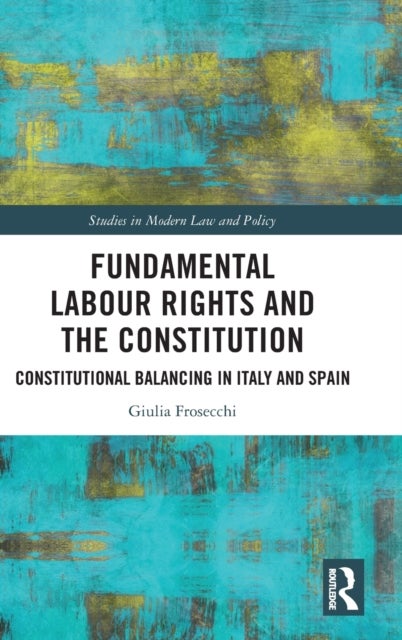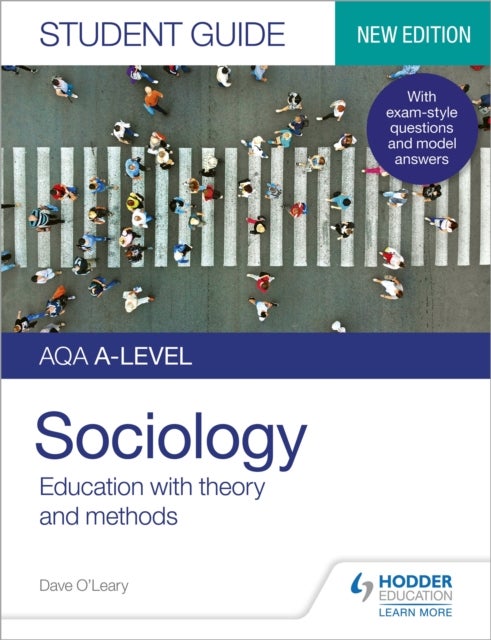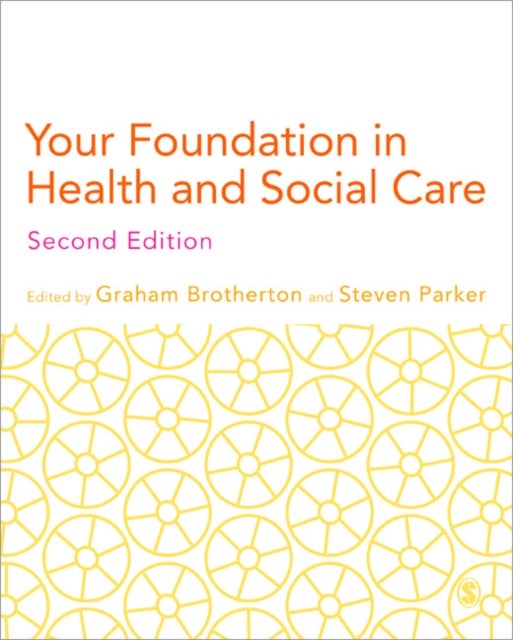
Fundamental Labour Rights and the Constitution av Giulia Frosecchi
1759,-
<P>The book reflects on constitutional balancing from the perspective of fundamental labour rights. It draws on neo-constitutional theories and builds on the assumption that fundamental labour rights, understood as rights aimed at protecting workers during their working life or after retirement, are the normative expression of founding values and can be balanced against equally axiological constitutional principles. The balancing of constitutional labour rights can be conducted by various institutional actors and by applying different techniques. This volume reviews the theoretical debates on judicial balancing and the approaches adopted by the Court of Justice of the European Union and the European Court of Human Rights, to proceed with a closer assessment of Italian and Spanish judicial traditions. In particular, it addresses the main profiles of the case law of the Italian and Spanish Constitutional Courts on labour and social law reforms adopted in the aftermath of the 2008 crisis,








